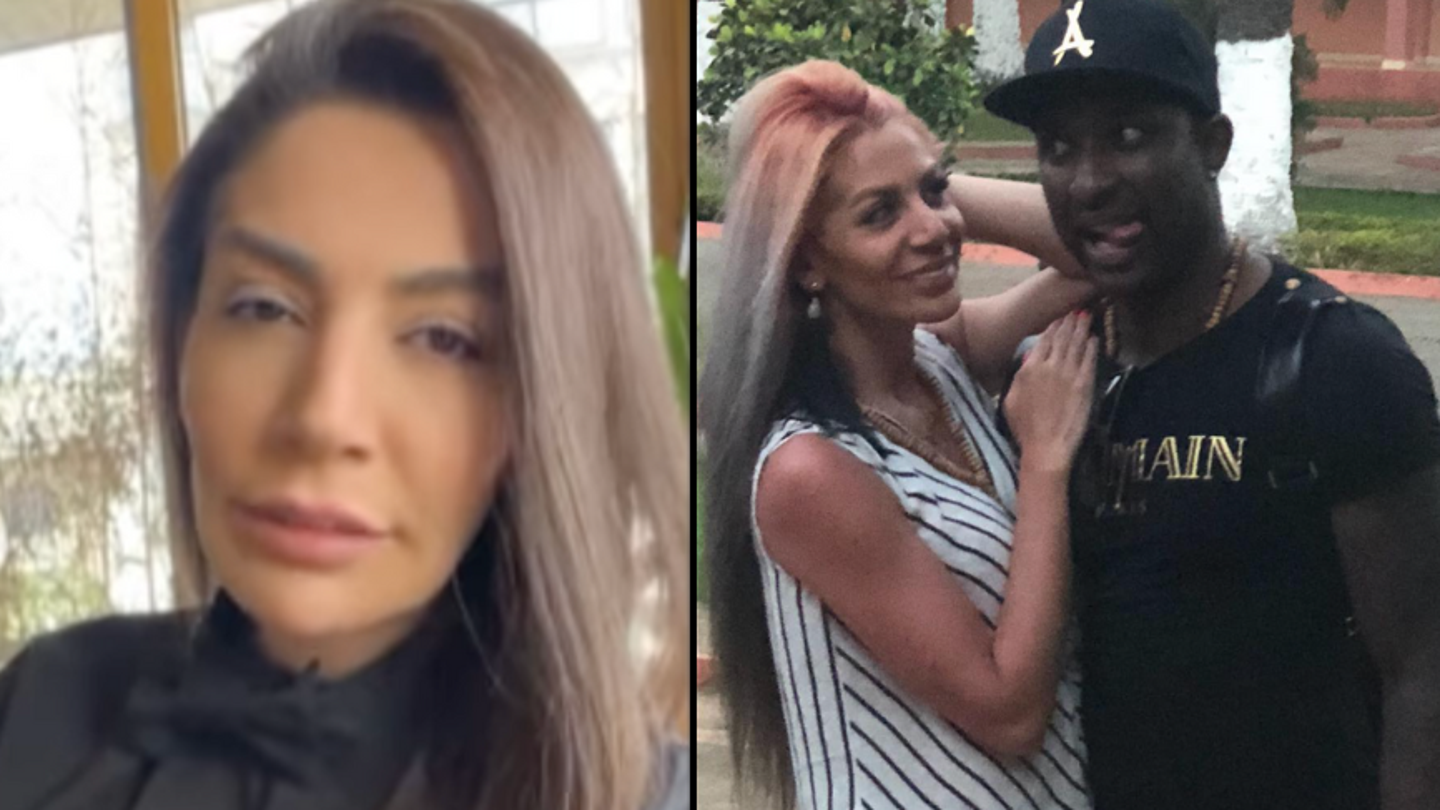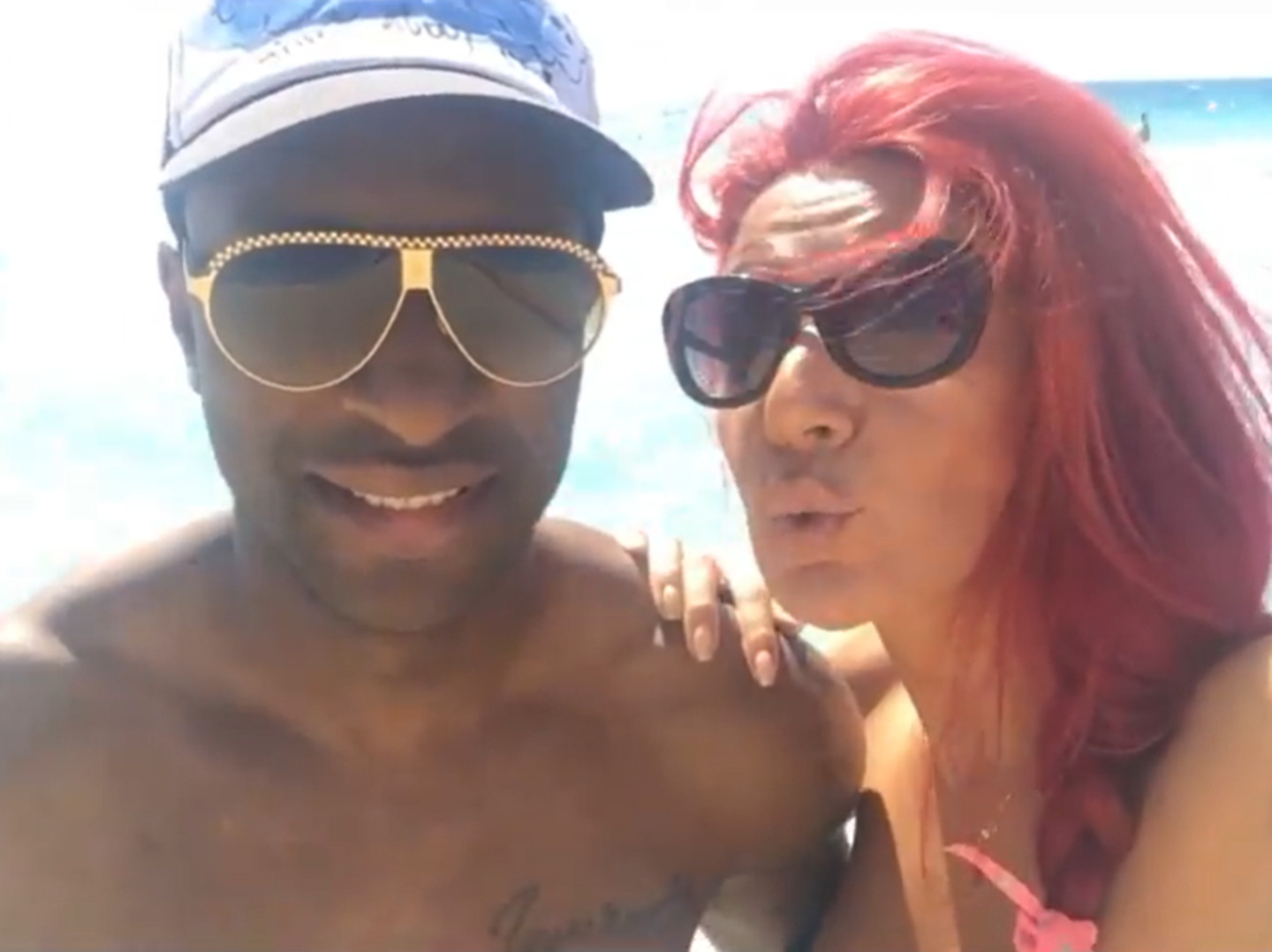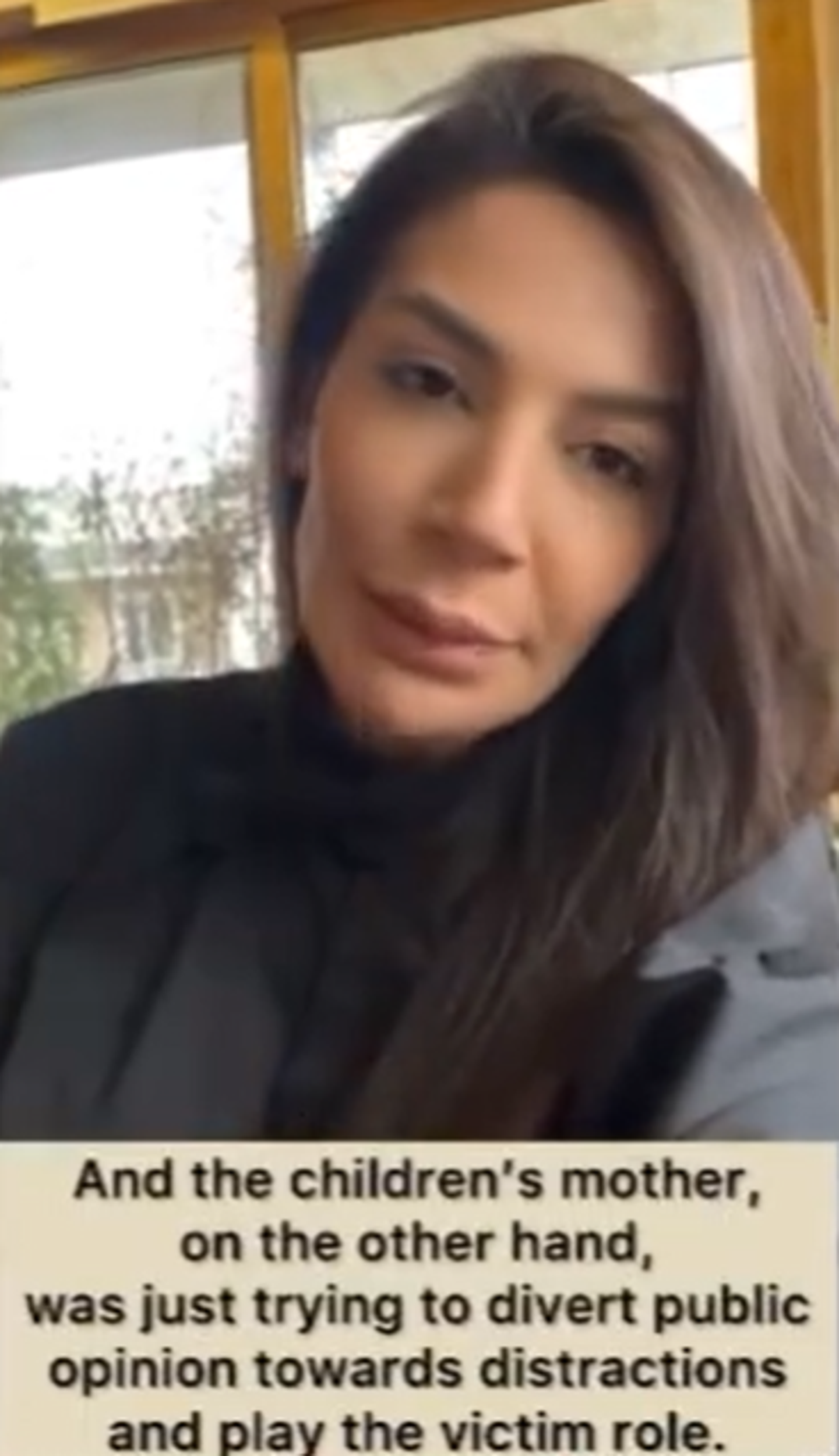
The Hidden Truth: A Premier League Footballer’s Secret Life and Controversial Death
The world of football is often shrouded in glamour, fame, and tragic narratives, yet the story of Jlloyd Samuel stands out like a dark cloud over a bright field. A former Premier League star, Samuel’s untimely death in a car crash in 2018 sparked not just sorrow, but a torrent of controversy—especially following the release of the Netflix documentary, The Footballer, His Wife, and the Crash. This film took viewers on an emotional roller coaster, exposing the life of a player who was both admired and misunderstood.
 The brilliance of Jlloyd Samuel on the pitch remains unforgettable.
The brilliance of Jlloyd Samuel on the pitch remains unforgettable.
A Tale of Two Wives
The documentary, which initially aired on ITV before moving to Netflix, went deeper than just football; it revealed the complexities of Samuel’s relationships. Many were shocked to learn that he had a secret second wife, Helia Sahimi, who only came to light posthumously. Emma, Samuel’s first wife, was left to grapple with the shocking revelation that her husband had married another woman while in Iran—an episode that only added layers of intrigue to an already tragic narrative.
Helia’s statements have stirred the pot even further. In a recent Instagram series, she stated, “I believe my husband is still alive,” mirroring sentiments echoed by Samuel’s sister, Leslie-Ann. This belief that Samuel faked his own death raises questions that linger long after the documentary credits roll.
The Netflix Controversy
Helia took to Instagram to express her discontent with how the documentary was edited. The film, which she originally hoped would unveil the truth about her husband’s life and mysterious death, felt misleading to her. She argued that key elements of her testimony were omitted, including peculiarities about the crash that still haunt her.
“…I knew there were only two possibilities: either it would be a real and fair documentary, or it would turn into a biased film showing whatever they wanted!” — Helia Sahimi
Critics of the documentary had mixed reactions. While some found it well-crafted, others like Helia and Leslie-Ann expressed deep frustration at what they labeled as a biased portrayal. This led to a crucial question: how often do documentaries compromise the truth for sensationalism, especially when it involves real lives?
 Helia Sahimi’s emotional journey as a widow unfolds on social media.
Helia Sahimi’s emotional journey as a widow unfolds on social media.
The Gripping Life of Jlloyd Samuel
Jlloyd Samuel was not only a talented winger who played for clubs like Aston Villa and Bolton Wanderers, but he also possessed a magnetic charm that drew people in. His life mirrored the highs and lows of modern football, a journey punctuated by the glitz of top-flight football and the shadows of personal secrets.
As a football fan, it’s hard not to feel a sense of loss for a player who had a dazzling career cut short. Samuel’s story is a cautionary tale about the lives behind the headlines, shining a light on the complexities of family dynamics that intertwine within the life of a celebrity.
The Impact of Social Media
In today’s age, social media has become a double-edged sword. Platforms like Instagram offer individuals a voice to share their narratives, but they also open a pandora’s box of public scrutiny and judgment. Helia’s decision to openly chastise a major streaming platform illustrates the power of social media as a tool for personal expression and advocacy. Yet, it also emphasizes the isolation many feel, as they navigate their grief in the public eye.
 Moments from Jlloyd’s life portrayed in the documentary add layers to his legacy.
Moments from Jlloyd’s life portrayed in the documentary add layers to his legacy.
A Continuous Fight for the Truth
For Helia and Leslie-Ann, this situation transcends the ordinary bounds of widowhood and mourning—it’s a battle for recognition and truth. As they challenge the accepted narrative put forth by the documentary, they seek not just justice for Samuel’s mysterious death but closure as well. While many have moved on, for them, the clock seems to have stopped at that tragic moment in 2018.
Their fight reminds us that behind every sensational headline lies a multifaceted reality, rich with unspoken stories that long for visibility. The Netflix documentary may have opened a dialogue, but Helia’s voice emphasizes that the conversation is far from over.
In conclusion, while viewers might gravitate toward the allure of documentaries that reveal the skeletons in a celebrity’s closet, the truths often remain obscured in shadows. The enigma surrounding Jlloyd Samuel will likely resonate in the football community, urging us to reflect deeper on the narratives we consume—because the mistaken truths we take as gospel could be someone’s lifelong fight for justice.
Join the Discussion
What are your thoughts on the ethical responsibilities of filmmakers when documenting the lives of public figures? Do stories like Samuel’s push us to question the nature of truth in media, or do they merely reflect the narrative the public wants to hear? Share your thoughts in the comments below, as we grapple with these complex themes together.















